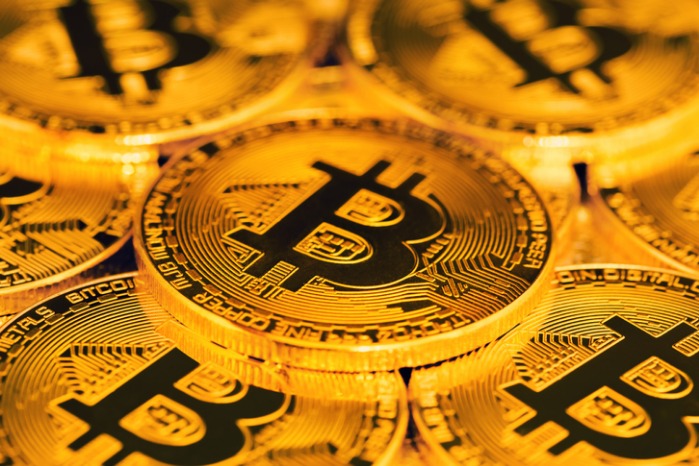Samsung and Coupang Enter Global Stablecoin Race
Samsung and Coupang are taking significant steps in the global stablecoin arena by supporting US companies developing digital payment infrastructures, all while discussions about digital currencies continue in South Korea. This suggests a proactive strategy to secure their place in one of the rapidly evolving sectors of finance.
Samsung’s Investment in Rain
According to cryptocurrency market sources, on Tuesday, Samsung Next—Samsung Electronics Co.’s venture capital division—participated in a $58 million Series B funding round for Rain, a US fintech startup that provides a stablecoin infrastructure platform. The specific amount of Samsung’s investment has not been disclosed.
Founded in 2021, Rain serves as a single integration point for fintech companies, banks, and marketplaces to incorporate stablecoins into their services, facilitating everything from deposits and storage to spending and payouts via cards, wallets, and payment systems. Rain has been part of Visa’s pilot program for stablecoin settlement since April, and it has seen a tenfold increase in transaction volume from January to August, with over 100 organizations, including Nuvei, Dakota, and MPCValut, leveraging its platform.
New Business Endeavors at Rain
Rain is exploring additional business opportunities, such as tokenizing credit card receivables and implementing smart contracts—automated digital agreements on a blockchain. Analysts believe Samsung’s investment may signal an intention to incorporate stablecoins into its own payment methods like Samsung Pay and Samsung Wallet, which could enhance its competitive edge.
Coupang’s Blockchain Ambitions
Korea’s e-commerce powerhouse, Coupang Inc., is also intensifying its push into the cryptocurrency sector. Recently, it has become a design partner alongside Stripe and Paradigm for Tempo, a new Layer-1 blockchain aimed at stablecoin and real-world payment solutions. Other participating partners include Visa, Anthropic, Deutsche Bank, OpenAI, Shopify, and Standard Chartered.
This partnership indicates Coupang’s readiness to integrate stablecoin technology into its payment systems, marking a potential for significant cost reductions. The company generated 41 trillion won ($29.7 billion) in revenue last year and could save around 300 billion won annually if it utilizes stablecoins for payment processing and cross-border transactions. Traditional transaction methods come with higher fees, while stablecoin transactions could drastically reduce costs, offering savings upwards of 230 billion to 300 billion won annually.
The Fast-Growing Global Stablecoin Market
The initiatives from these two giants highlight the rapid pace at which global adoption of stablecoins is occurring, outstripping the slower policy discussions happening in Korea. According to Ark Investment, the global stablecoin market is anticipated to expand quickly, potentially increasing five to ten times in the next five years, with total supply expected to reach $1.4 trillion by 2030.
Currently, stablecoins might account for 0.9% of the global M2 money supply within five years, a noticeable rise from 0.17% in 2024. This growth rate suggests stablecoins could emerge as the 13th-largest currency globally in terms of supply. Analysts point to these movements as strategic advancements for embracing a new era of digital finance.
Continued Debate in South Korea
While the global landscape evolves, South Korea is still grappling with discussions regarding stablecoin issuance. The US has already implemented the Genius Act, placing stablecoin issuers under the Bank Secrecy Act. Meanwhile, the Bank of Korea seeks to limit the issuance of won-based stablecoins to banks, although critics argue that broader participation is essential for a thriving ecosystem. Korean legislators are anticipated to address several related bills in the National Assembly soon.



